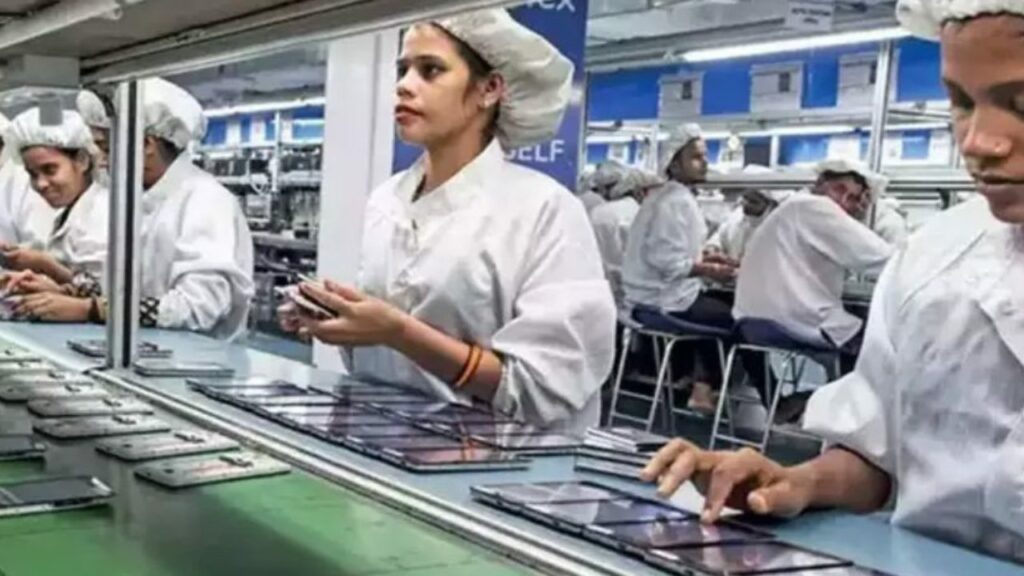This is a Guest Blog by Saket Chirania, Co-Founder, Agrizy.
India’s burgeoning food processing sector holds immense potential to impact the national economy positively. As one of the largest employment generators in the country, food processing is a crucial industry that adds value to raw agricultural products, thereby driving economic development and job creation. However, government data from 2016 revealed that the food processing industry in India was still in its nascent stage, accounting for less than 10% of the total food produced. Although the industry has experienced steady growth over the years, there remains substantial untapped potential that must be harnessed to promote the growth of the country.

One of the primary obstacles faced by India’s food processing industry is the inadequacy of infrastructure. Insufficient cold storage facilities, transportation networks, and limited capabilities of existing food processing units contribute to significant post-harvest losses. To overcome this hurdle, increased investment in infrastructure development is imperative. Furthermore, the existing infrastructure should be upgraded to meet global standards, particularly in rural areas where agriculture serves as the primary source of income.
India Needs to Develop Its Food Processing Industry for Driving Better Economic Growth
India’s limited proportion of processed goods in its overall agricultural and food basket is another factor keeping the food processing industry from becoming a significant contributor to the economy. India primarily exports raw agricultural products with minimal value addition. At times, value addition is done by other countries to India’s exported products, which are then purchased by India as finished goods.
Surmounting the hurdles is essential to fully capitalize on the opportunities presented by the Indian food processing industry. According to a report from the Ministry of Food Processing Industries, the sector has achieved an impressive Annual Growth Rate of approximately 11.18% over the past five years, surpassing the overall industrial growth rate. However, numerous challenges persist and need to be addressed.
There exist tremendous opportunities for the food processing industry to make substantial contributions to the Indian economy. One such opportunity arises from the increasing demand for processed and packaged food products. As incomes rise and lifestyles change, consumers are seeking more convenient and ready-to-eat food options. This shift in consumer preferences presents a significant market for food processors to tap into and expand their range of products.
Furthermore, the food processing industry can play a vital role in reducing food wastage and improving food security. India faces the challenge of feeding a growing population, and a significant amount of agricultural produce is lost due to spoilage and inadequate storage facilities. By investing in advanced processing and preservation techniques, the industry can help minimize post-harvest losses and ensure a steady supply of food throughout the year.
The food processing industry also holds a great potential to generate employment opportunities, particularly in rural areas. A parliamentary report from 2022 highlighted that the food processing industry is a major segment in terms of employment, accounting for 12.38% of the jobs generated in the Registered Factory sector in 2017-18. With proper training and skill development programs, individuals can be empowered to become entrepreneurs, contributing to local economic development. This not only creates jobs but also addresses the issue of rural-urban migration.
The food processing industry can provide an immense acceleration to India’s economy. Although the industry has experienced steady growth, there is still significant untapped potential to be realized. Effective collaboration between the government and the industry is necessary to support the industry’s growth, benefiting not only the sector itself but also the agriculture industry and the overall economy.












